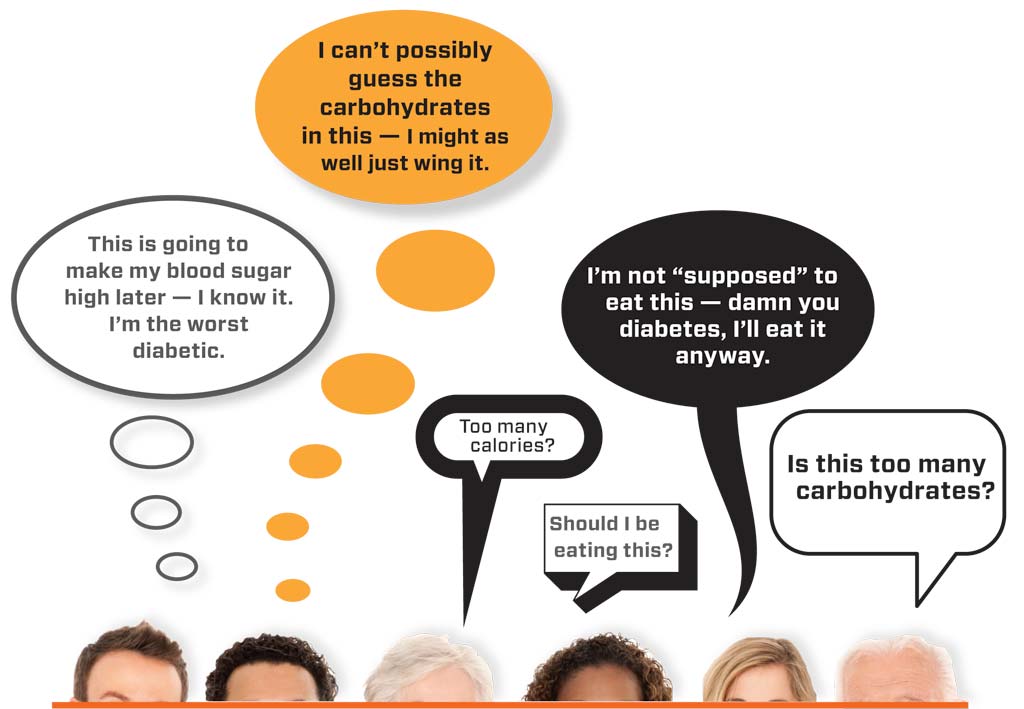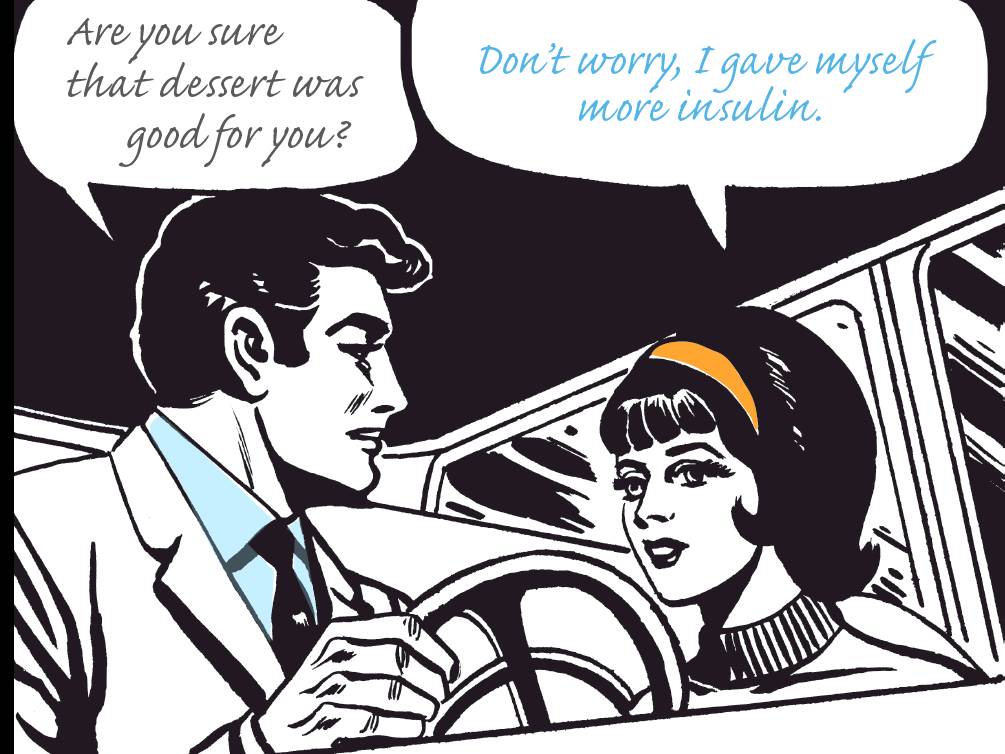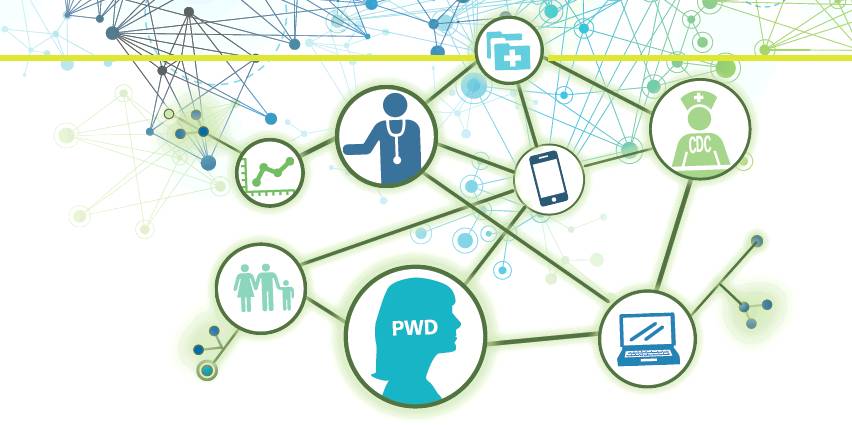“Mom Guilt” and Type 1 Diabetes

My daughter and I are two of a kind. We look similar, share the same outgoing personality, enjoy the same type of activities, and have the same tastes in food, design, and hobbies. I adore her. She is exciting and full of life. The differences between us are few. She is beautifully optimistic, I call myself a realist. She has Type 1 diabetes, I do not.
She was diagnosed at 8 months old, so we have been living the Type 1 life for 10 years. As my daughter has grown, she has taken more responsibility of her diabetes. She wears an Omnipod. She checks her blood glucose, counts the carbohydrates at meals and snack time, and gives herself the correct amount of insulin.
But she often forgets one of these steps. Sometimes I catch it before it is too late, but sometimes I don’t. She eats like a bird. A little here, a little there. Sometimes she has snacks or a piece of candy, and I don’t know about it until her blood glucose is high. Sometimes she sneaks food. We have worked on the forgetting and sneaking. Over the years, we’ve made up rhymes and songs about diabetes care and repeated the steps until they are ingrained in her mind. We reward remembering and remove special privileges for forgetting. I’ve tried every parenting tactic that I know. Yet, the behaviors continue, and her A1C climbs.
Most days, I keep my frustration under control. You forgot to treat? You just ate 60 grams of carbohydrates and didn’t check your BG first? I swallow my panic and check her blood sugar. It is high. It will take at least an hour to start coming down into normal ranges. All that damage. All that sugar floating around. All those minutes of bodily harm.
I do not expect perfection. Perfection is not possible for any human being, but especially for young people with a chronic illness. Sometimes, her diabetes care is essentially damage control. What do you do when this happens day in and day out?
I understand that she is a child. She is forgetful and sometimes lazy. It is hard to do all that work. She is embarrassed because she is different. Maybe she feels like less of a person. Maybe, by not checking and treating, she feels more normal. “I want to be like the other kids,” she says.
She is young, so taking care of diabetes does not always seem necessary to her. I explain that there are things in her life that are going to feel more important than the constant checking and treating. I tell her that diabetes is a responsibility that nobody wants. I tell her that I know what burnout is. I experience it, too.
At times, I have even taken back the responsibilities. I’ve told her I will do it all so she won’t have that burden. I will check, count the carbs, and give her insulin. She only needs to tell me that she is going to eat, and I will drop what I am doing and take care of it. I will be her pancreas. I will gladly do it all for her.
Why would I do this for someone who is physically capable? Because it has to be done. It is not like forgetting to clean her room. It’s not like leaving her bike behind the car and having it destroyed. It’s not like forgetting to do her homework and losing a few points. Every mistake counts. Every mistake is another bit of damage to her future. It’s another step towards complications: blindness, kidney problems, dialysis, amputation, and early death. Not only that, it means feeling less well in the present. I want her to enjoy life, which means getting diabetes under control.
But even my willingness to manage her diabetes doesn’t work. She eats food and doesn’t tell me. And so we talk again. I explain that her life depends on us making as few mistakes as possible. Her future depends on the choices she is making right now.
I worry about what diabetes is doing to our relationship. Will all of my talking and demands burden her too much? Is it damaging her inside? Will she resent me? Will she run from me as soon as possible? Will she neglect her health when she is older because I was too strict? As her caretaker, I become the enforcer of the diabetes regimen. I don’t like it.
If I let her neglect her health, there will definitely be dire consequences. When I demand that we take care of her health, she is irritated. I don’t want to treat her this way. I don’t want to make her do things that are tiring to me, too. There is no other choice. If I could take the diabetes myself, I would. I would trade my health for hers in a heartbeat.
I adore her. I love her with my whole being. The closeness we share is a great joy in my life. She is my shining star. A star that shoots across my sky on the darkest of nights and leaves a sparkling trail of happiness. All I can do is wish upon my little star and hope that it all turns out fine.
Do you have an idea you would like to write about for Insulin Nation? Send your pitch to submissions@insulinnation.com.
Thanks for reading this Insulin Nation article. Want more Type 1 news? Subscribe here.
Have Type 2 diabetes or know someone who does? Try Type 2 Nation, our sister publication.







